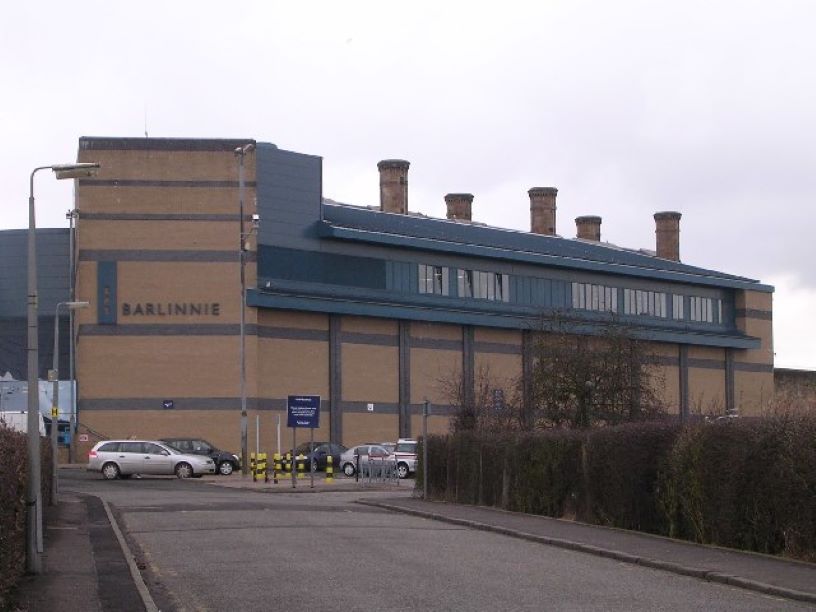“The Good, the Bad and the Ugly”: challenging the UK’s prison system
Challenging appalling conditions in the UK's prisons and the ugly public discourse around prisoners were two key Quaker focuses during this year's Prisons Week.

For nearly 50 years, Prisons Week has helped Christians to raise awareness and motivate volunteers in prisons and communities.
This year Quakers in Criminal Justice (QICJ) held three public talks via Zoom on “The Good, the Bad and the Ugly.
Melanie Jameson, QICJ clerk, invited Quakers with a variety of expertise to speak about the challenging negative tabloid portrayals of prisoners.
This included discussion on how to welcome former prisoners to Quaker meetings and the importance of prisoners taking responsibility for their actions.
And Mike Nellis, emeritus professor of Criminal and Community Justice at the University of Strathclyde, discussed the lessons around rehabilitation from the Barlinnie Special Unit.
Fifty years ago, this small unit in a Glasgow prison allowed greater access to families and helped prisoners to explore creative activities.
Nellis has recently contributed to a book about the unit, which pioneered a controversial therapeutic approach.
A talk on “the Bad" focussed on the new Wandsworth Prison Improvement Campaign as a possible model for other Quaker projects.
HMP Wandsworth is based in a Victorian prison building at maximum capacity, housing 1,600 men with no communal space and no modern cells.
Built before electricity, running water and sewerage, the prison has a problem with rats, cockroaches and pigeons, and sewage backs up and comes up through lavatories into cells.
The prison improvement campaign has five clear aims including prisoners getting medication and attending hospital appointments.
Actions have included public meetings, a Facebook group for families of prisoners to share issues in the prison and attending the inquest of every man who dies in the prison.
Mothers of prisoners hand out contact cards for the campaign to the visitors' queue, which has really helped the flow of information on conditions in the prison, said a spokesperson for the campaign.
The campaign is also working with the new prison governor and lobbying the Independent Monitoring Board.
The talks will be available on the QICJ YouTube channel soon.